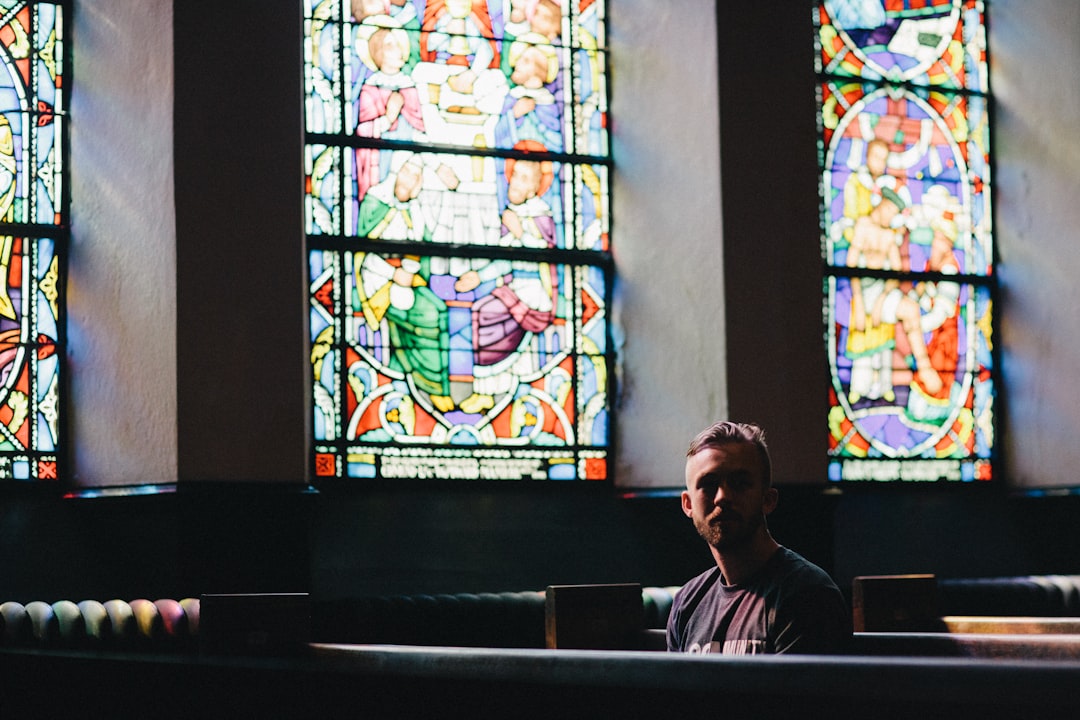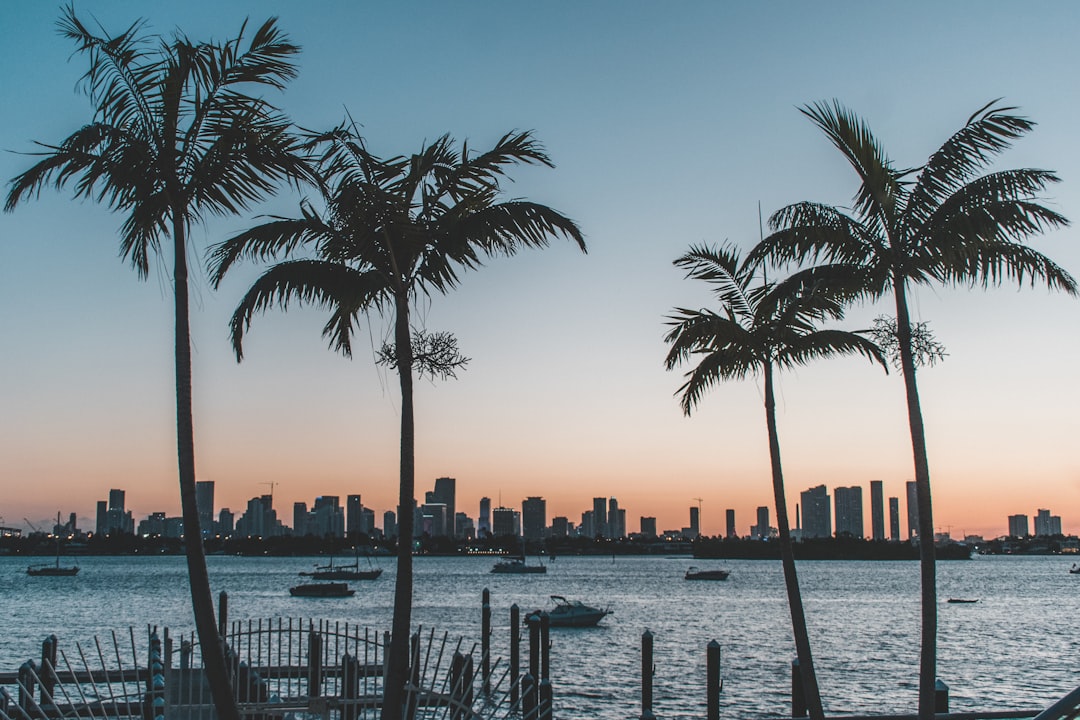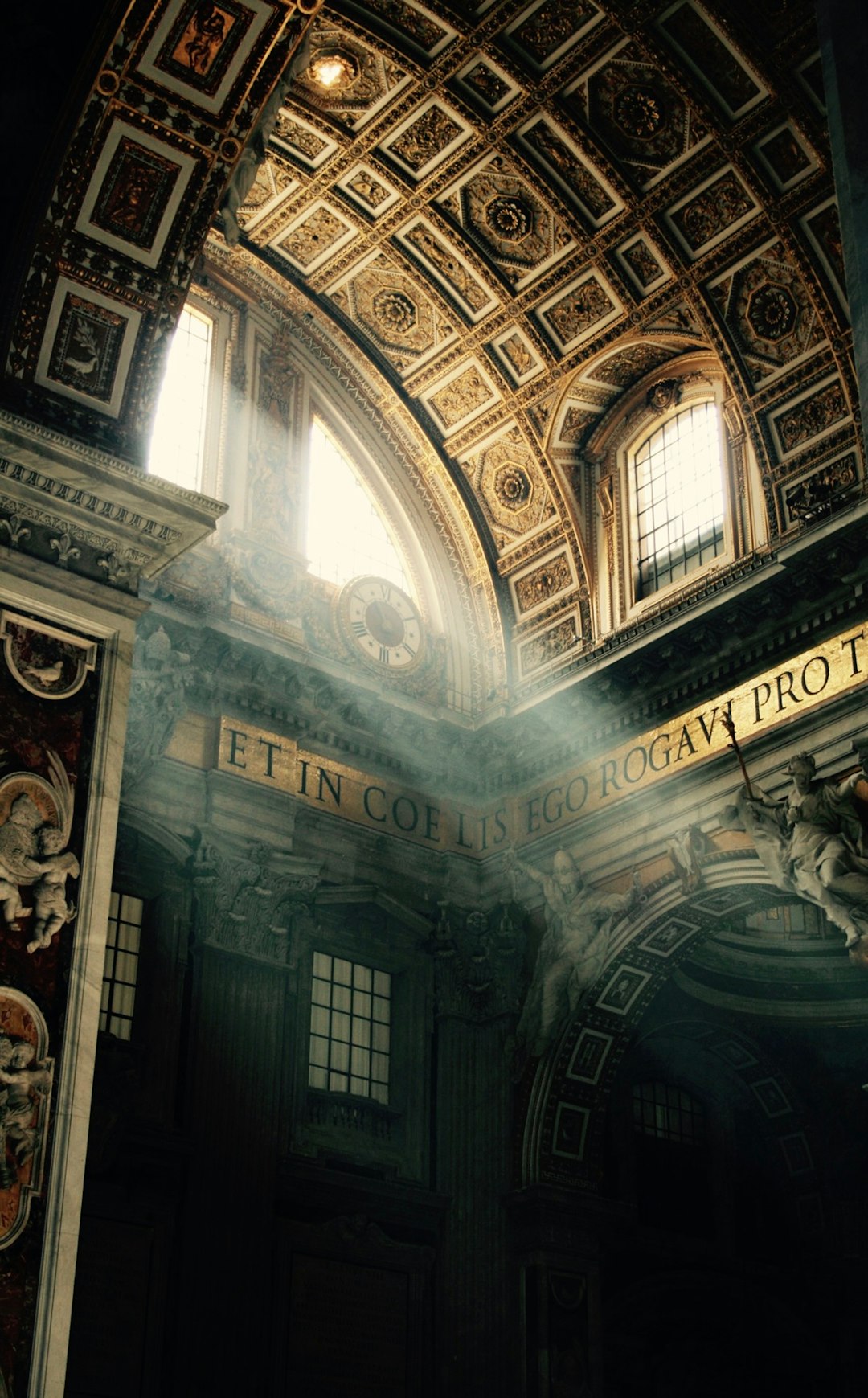In Florida, clergy abuse attorneys are crucial for aiding survivors of emotional, physical, or sexual mistreatment by religious figures. The state's legal landscape has evolved to hold institutions accountable, with significant judicial decisions and reforms ensuring safety for vulnerable individuals. These specialized attorneys leverage complex laws and institutional structures to expose and confront abusive practices, providing justice for victims and setting precedents. Through strategic litigation, they've secured settlements, raised awareness, and prompted systemic change in communities across Florida.
In Florida, the issue of clergy abuse has garnered significant attention due to its profound impact on victims. This article delves into the complex landscape of institutional liability, focusing on how clergy abuse attorneys play a pivotal role in holding religious institutions accountable for their failure to protect vulnerable individuals.
We explore the legal framework governing such cases, common challenges faced by victims seeking justice, and compelling success stories that highlight the difference these lawyers make. By understanding these dynamics, we aim to empower survivors and strengthen legal strategies against institutional negligence.
Understanding Clergy Abuse and Its Impact in Florida
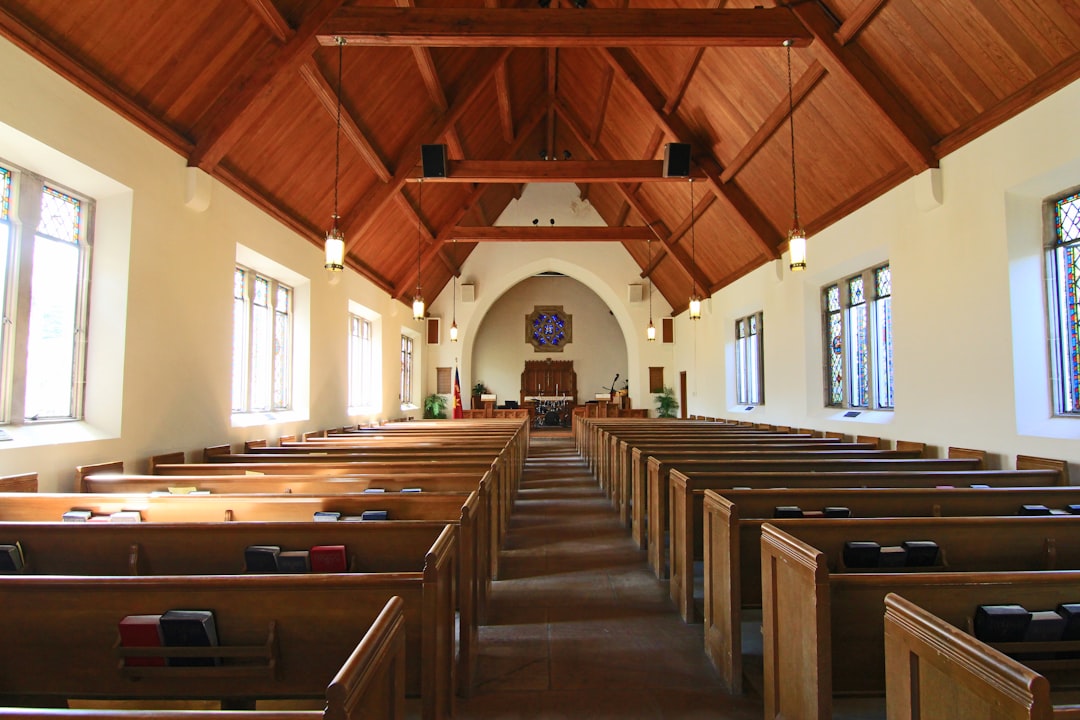
In Florida, clergy abuse refers to any form of mistreatment, exploitation, or harm inflicted by a religious figure within a place of worship. This includes emotional, physical, or sexual abuse and can have severe and lasting effects on victims, often leading to long-term mental health issues and trauma. Many cases involve vulnerable individuals, such as children or the elderly, who may struggle to speak out due to fear, coercion, or pressure from their communities.
The impact of clergy abuse is profound, affecting not only the immediate victim but also their families and the broader community. Florida clergy abuse attorneys play a crucial role in helping survivors seek justice and accountability. By understanding the unique dynamics of religious institutions and the legal frameworks surrounding them, these specialists can guide clients through complex legal processes, ensuring they receive the support and compensation they deserve for the harm they’ve endured.
Legal Framework: Institutional Liability in Florida

In Florida, the legal framework surrounding institutional liability for clergy abuse has evolved over time, providing a path for survivors to seek justice. Key cases and legislative changes have established that organizations, including religious institutions, can be held accountable for the actions of their employees or representatives, especially when it comes to protecting vulnerable individuals like children. This concept is crucial for clergy abuse attorneys in Florida as it expands the options available to clients seeking redress for past wrongs.
The state’s laws recognize that institutions have a duty to ensure the safety and well-being of those they serve, particularly minors. When an organization fails to prevent or adequately address abusive conduct by its personnel, it can be considered negligent or even complicit. Clergy abuse attorneys in Florida leverage these legal principles to build strong cases, holding institutions responsible for their failure to protect individuals within their care.
The Role of clergy Abuse Attorneys in Holding Institutions Accountable

In the context of Florida clergy abuse, the role of specialized lawyers is pivotal in holding institutions accountable for their failure to protect vulnerable individuals. Clergy abuse attorneys in Florida have been instrumental in unraveling cases where religious organizations and their leaders have exploited and abused their positions of power. These legal professionals possess a deep understanding of both the spiritual and legal aspects of such matters, enabling them to navigate complex institutional structures and policies that may be used to shield perpetrators.
By leveraging extensive knowledge of state laws and regulations, as well as past case precedents, clergy abuse attorneys in Florida work tirelessly to expose and confront abusive practices within religious institutions. Their efforts not only provide justice for victims but also deter similar instances of misconduct by ensuring these organizations are held to the same standards as any other entity responsible for the safety and well-being of their charges.
Common Challenges in Pursuing Legal Action Against Religious Institutions
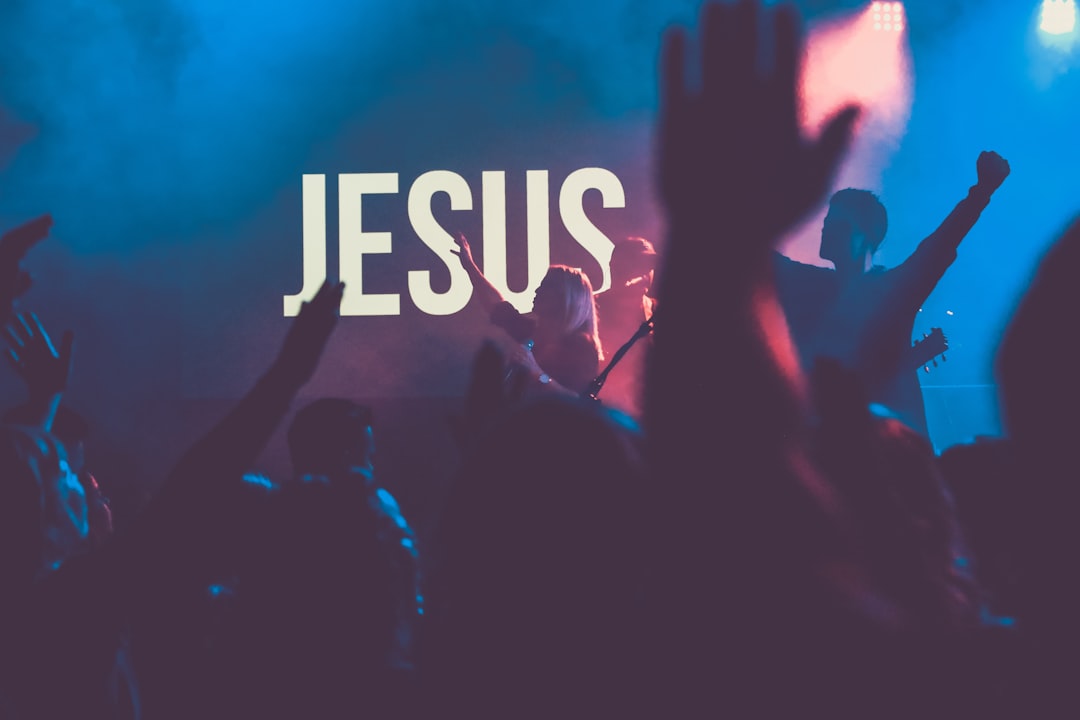
When pursuing legal action against religious institutions for clergy abuse, individuals often face unique and complex challenges. One significant hurdle is the traditional emphasis on religious freedom and separation of church and state, which can limit the avenues for holding institutions accountable. This delicate balance between protecting religious practices and ensuring justice for victims creates a complex legal landscape.
Another common challenge lies in the structure and hierarchy of religious organizations. Proving institutional liability requires demonstrating that the institution itself was negligent or complicit in covering up abuse. This often involves navigating intricate organizational charts, understanding power dynamics, and presenting evidence that shows deliberate indifference or intentional concealment by leadership. The involvement of clergy abuse attorneys Florida is crucial in cutting through these complexities to ensure victims receive the justice they deserve.
Success Stories and Case Studies: How Lawyers are Making a Difference
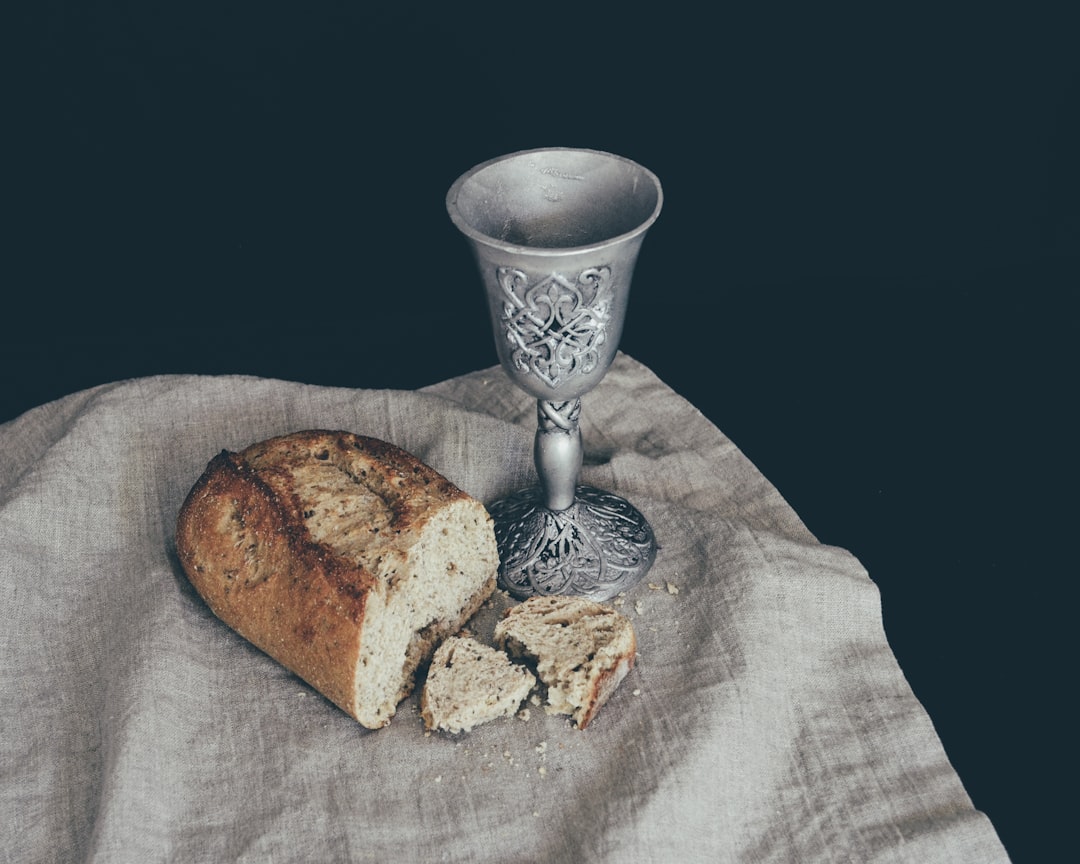
In the realm of clergy abuse, where victims often face complex and sensitive situations, clergy abuse attorneys in Florida have emerged as champions for justice. These legal professionals have successfully navigated intricate cases, holding institutions accountable for their failure to protect vulnerable individuals. Their efforts have resulted in numerous success stories, bringing much-needed closure to survivors and setting a precedent for future cases.
Case studies highlight the impact of these clergy abuse attorneys. Through meticulous investigation and strategic litigation, they have secured substantial settlements and judgments, ensuring that victims receive the compensation and recognition they deserve. By shining a light on institutional liability, these lawyers have encouraged organizations to strengthen their policies and procedures, fostering a safer environment for future generations. Their work not only offers legal redress but also raises awareness, encouraging communities to address historical injustices and create systemic change.
